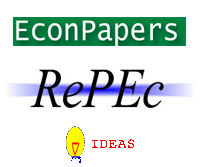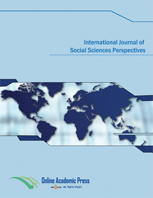Enhancing Work Climate to Improve the Perceived Performance Leading to Talent Retention-A Study of Pakistani Service Sector
DOI:
https://doi.org/10.33094/7.2017.2018.31.21.33Keywords:
Work climate, Perceived performance, Talent retention.Abstract
Improved perceived performance and talent retention are great challenges for most of the organizations in the world, and leading organizations of today are stating that the human is most important resource for them behind their success but beside this, it is tough job for management of organization to manage human in organizational work climate which is combination of different factors towards improve perceived performance and talent retention. The intention of this research was to evaluate the influence of different factors of organizational work climate on improvement of perceived performance leading to talent retention in services sector firms of Pakistan. Five major factors pertain to organizational work climate were taken as independent variables such as role clarity, relevant nature of work, teamwork, rewards and fairness. This research work was limited to conduct quantitative survey through close ended questionnaire from sample size of 201 Manager Operations of commercial banks of Pakistan. Philosophy stance of positivism is used whereas statistical test of correlation, regression and sobel are used to for analysis the relations and impact of variable. The finding indicated that there is significant role of work climate on improvement of perceived performance leading to talent retention.




